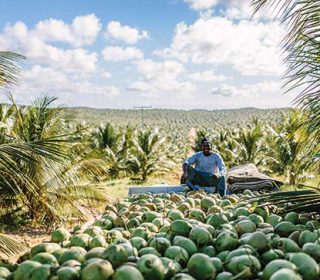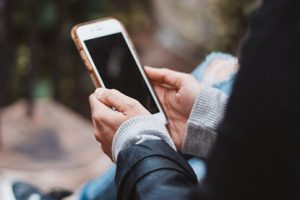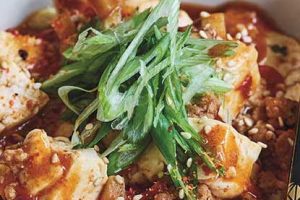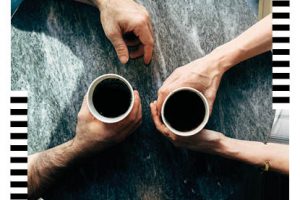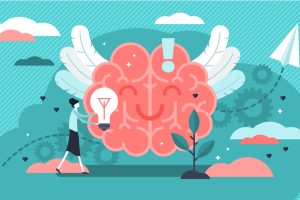Can magic mushrooms cure depression?
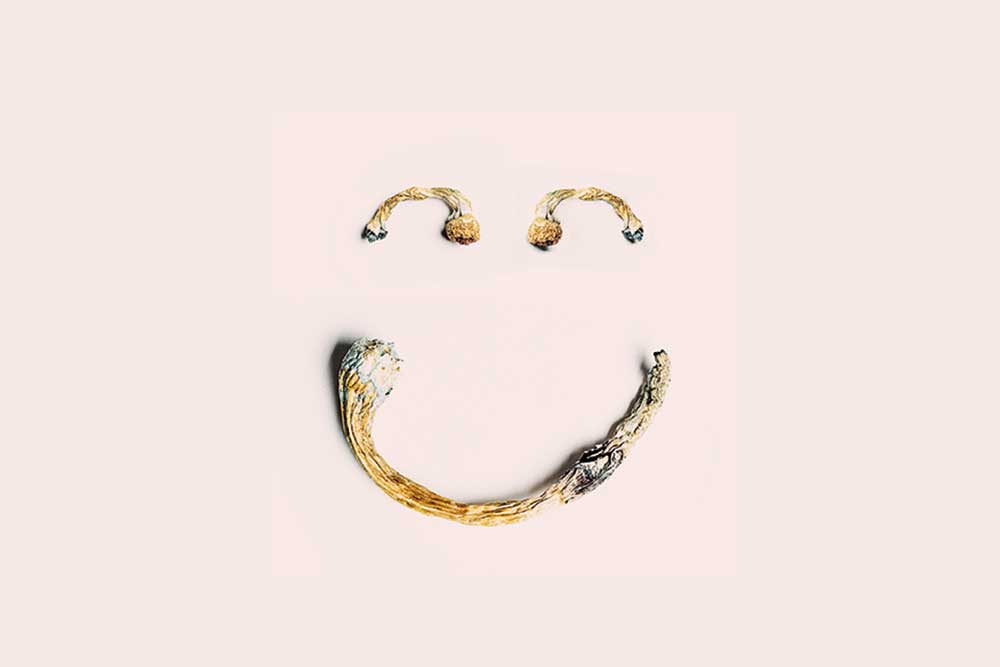
There’s nothing ‘magic’ about magic mushrooms. For hundreds, possibly thousands, of years, humans have consumed over 100 species of fungi containing the psychedelic compound psilocybin. From the religious rites of stone-age man, to the right-on rituals of hippie counterculture, ’shrooms have delivered mind-bending experiences, few of them properly understood and fewer still approved by society at large. Controlled in the UK from 1971, they’ve been outright illegal since July 2005. Possessing magic mushrooms in the UK can result in seven years in jail, or an unlimited fine.
Recent results compiled from research into psilocybin is altering minds in very different ways. For the first time in decades, the idea magic mushrooms could have controlled, positive effects on the brain, is gaining traction. With mental illness reaching crisis proportions on a global scale, permission to research properly into illegal drugs, including LSD and MDMA/ecstasy is, very slowly, on the rise. And results suggest what was once ‘far-out’ could have far-reaching consequences for wellbeing.
In 2016, a team of scientists from Imperial College London, led by Dr Robin Carhart-Harris, the university’s head of psychedelic research, began the first-ever clinical trial of psilocybin. A group with moderate-to-severe depression were given two doses a week apart, with the support of a psychotherapist. A week after the second dose, all of them displayed fewer symptoms of depression. Three months after the second dose, 42 per cent no longer met the medical definition of depression.
Side effects included headaches, mild nausea, initial worries over taking the drug, and some confusion while the psilocybin was taking effect. The team at ICL could not have hoped for such positive feedback. In 2017, Robin and his team, after a similar trial, showed psilocybin reduces activity in the amygdala, the area of the brain which controls anxiety.
So, can magic mushrooms cure depression?
Robin’s study only worked with 12 patients in the first trial, and 14 in the second, and didn’t use a control group. They were taking baby steps towards further psilocybin research, and were at pains to point out no-one should ever self-medicate with magic mushrooms – or any psychedelic substance – without a trained psychotherapist present.
Further research may prove difficult, due to the fact Psilocybin is a Class A drug – and therefore illegal to possess – and the UK government currently considers it to have zero medicinal value. It took the UCL team the best part of three years to get a licence from the Home Office to undertake the first trial and because time is money in science, “it cost £1,500 to dose each subject. In a sane world, it might cost £30,” said Dr David Nutt, director of neuropsychopharmacology at UCL, who also worked on the trial.
David is a key player in the changing attitude towards magic mushrooms. He is also ex-head of the Advisory Council on the Misuse of Drugs, the governmental department which regulates the Misuse of Illegal Drugs Act. In 2009 he was sacked as ACMD chief by then Home Secretary Alan Johnson for publicly criticising the government’s toughening stance on cannabis.
David published papers that went against official guidelines concerning illegal drugs, and was co-author of a study in 2010 that ranked the harm caused to individuals and society by 20 illegal drugs. The worst offender was alcohol, followed by heroin and crack cocaine. At the bottom? Magic mushrooms. With ecstasy taking 16th place, Nutt was easily characterised by tabloids as living up to his surname, and the opportunity to conduct further research was lost.
The future of funghi in mental health
Yet that is changing. Let’s say psilocybin research expands and drugs become hyper-effective in treating depression on a global level. That is no great leap of imagination, given the ICL research. A much grander ‘What if?’ might be whether psilocybin could actually help us all with our wellbeing, not just those diagnosed with mental health issues. Others would say it’s coming, if you consider current trends.
Microdosing, taking tiny amounts of drugs and other compounds to improve brain function, is on the increase, in particular psychedelic drugs psilocybin and LSD. Anecdotal evidence from crowdsourced experiments online, run by scientists and experts who set rules for volunteers, suggests microdosing LSD and the psilocybin in magic mushrooms may improve cognition and help alleviate depression.
Author Michael Pollan, whose food writing delivered the “eat food, not too much, mostly plants” mantra, took psilocybin and other psychedelic compounds while researching his new book, How To Change Your Mind (Allen Lane/Penguin, 17 May), and also spoke with cancer patients given psychedelics in US trials. Just like their UK counterpart, mostly positive results in terms of tackling anxiety were posted.
Sadly for advocates, it also seems to increase anxiety in those who are already anxious. Carhart-Harris and others point out taking psychedelics in the right place and frame of mind – ‘set and setting’, in their parlance – is as crucial as taking the right dose. Essentially, your microdose of magic mushrooms could prove useless if you scarf them down on a hangover while fretting about being late for work.
More scientific research is needed, which requires backers with open minds and open wallets, and governments who are willing to risk the fact that for some, research into illegal psychedelics is close to letting the genie out of the bottle.
“It’s frustrating,” Robin said at the end of 2017. “Funders seem risk-averse and only see reputational hazards. However, I believe the breakthrough will come. Unless there’s a curveball, it’s inevitable psilocybin will be licensed as an anxiety treatment.” Magic mushrooms for breakfast? It’s on the menu.




